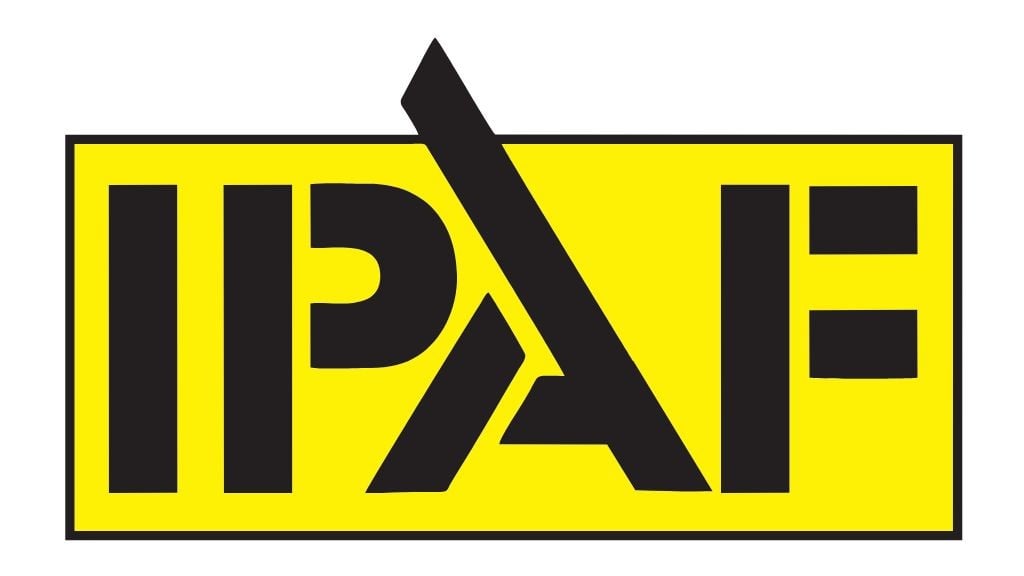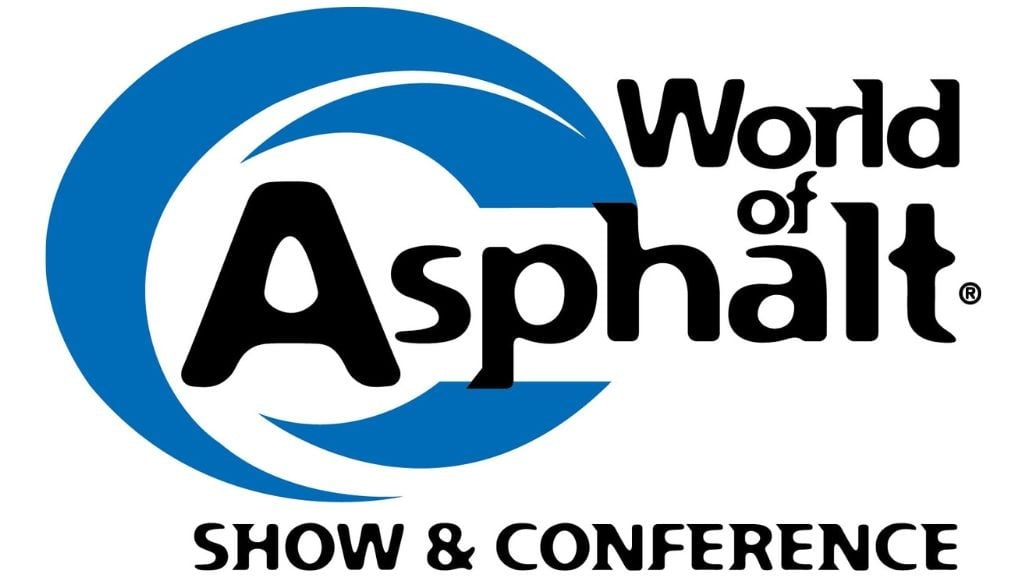New IPAF global safety campaign targets MEWP overturn incidents
The campaign focuses on the importance of stable ground conditions to decrease fatalities and injuries from overturns

At the 2025 IPAF Summit held in Dublin in March, the International Powered Access Federation (IPAF) launched its Global Safety Campaign for 2025; Stop Overturns — Safety Starts on the Ground!
Using data from their global Accident Reporting Portal, IPAF's annual safety campaign highlights an important message for those in the powered access industry. This year's campaign aims to raise awareness that mobile elevating work platforms (MEWPs) overturn situations can cause serious and fatal incidents. Overturns often lead to ejection from the platform of the operator and occupants and lead to complex rescue scenarios for those trapped at height during a partial overturn.
Led by Brian Parker, head of safety and technical at IPAF and Alana Paterson, head of health, safety, and environment at Taylor Woodrow and chair of the IPAF International Safety Committee, the campaign emphasises when overturns occur, the hazards and risks — from injuries and fatalities to disruption of worksite and psychological impact — along with ways to manage and minimize the risks.
Statistics informing this year's campaign:
- In the last decade, 108 fatalities, 64 major injuries, and 25 minor injuries, were reported and attributed to overturn incidents involving MEWPs. From reported incidents, 64 percent of overturns were reported from North America, 18 percent from Europe, and 22 percent from Asia.
- The occupation most affected was MEWP operators, with a small number from delivery drivers, technicians and engineers, company staff, and the public.
- Of these 108 recorded fatalities, 52 were recorded in 2021-2023, and 33 percent of overturns happened on a 3A mobile scissor, followed by 1B static boom (28 percent), 3B mobile boom (23 percent) and 1B static boom (12 percent).
- Fatal overturns increased by 50 percent from January 2021 to December 2023.
- Instability leading to overturn is commonly among the top four industry causes of lost time incidents annually.
- MEWP overturns typically occur during setup, travel, or operation on inadequate or unsuitable ground or floor conditions. They can also occur while moving category 3A and 3B MEWPs across unsuitable terrain in either the elevated or stowed positions.
- The most common places for incidents to occur are construction premises, public areas, roads and highways, and rental yards.
- Non-fatal injury types result in fracture, concussion, bruising, impact pains, and cuts and lacerations.
Recognizing the global reach of the campaign, IPAF has developed new industry guidance: The Assessment of Ground Conditions and Supporting Structures for The Safe Use of MEWPs. It is split into two parts: guidance for MEWP users, with sections on dewatering, suspended floors, and temporary works, and guidance for MEWP operators, focusing on the MEWP travelling on uneven ground, elevated, stowed position, slopes, and positioning.
Reflecting on the Global Safety Campaign release, IPAF's head of safety and technical, Brian Parker, commented: "MEWP overturns continue to be a major cause of serious injuries and fatalities in our industry. With the launch of IPAF's 2025 Global Safety Campaign — Stop Overturns: Safety Starts on the Ground! — we are reinforcing a crucial message: ground conditions matter. By understanding the risks and implementing proper safety measures, we can prevent overturns, protect lives, and create safer work environments worldwide. Let's work together to make a measurable impact and aim for a measurable decrease in MEWP overturns globally."



